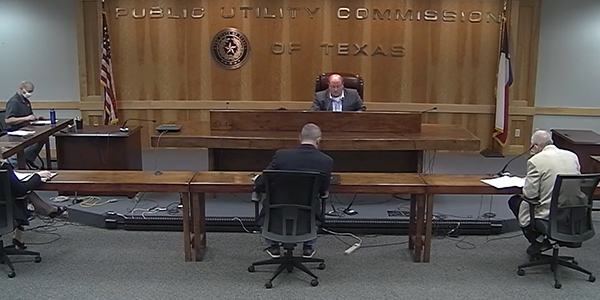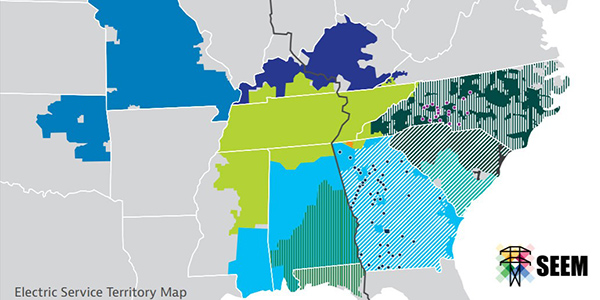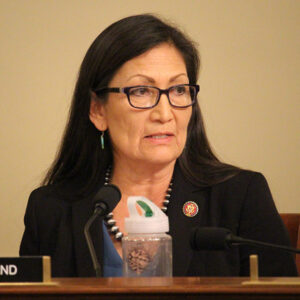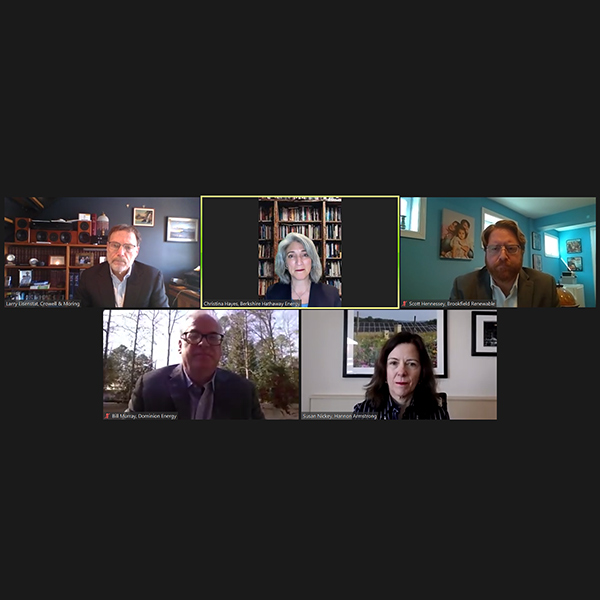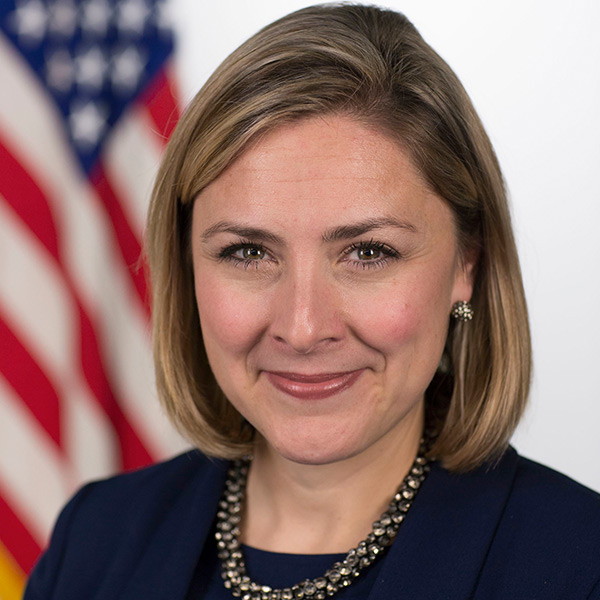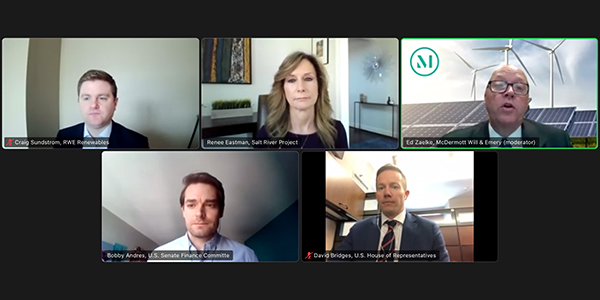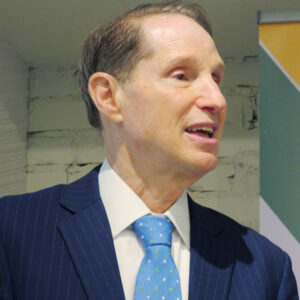FERC & Federal
The Federal Energy Regulatory Commission is an independent regulatory agency that oversees the transmission of electricity, natural gas and oil in interstate commerce, as well as regulating hydroelectric dams and natural gas facilities.
The ISO-NE Consumer Liaison Group’s first meeting of the year featured a discussion on the impact of the Biden administration’s energy policies.
ERCOT faces a shortfall of more than $3 billion after widespread generator outages stemming from a February winter storm.
Stakeholders told FERC that the proposed Southeast Energy Exchange Market (SEEM) doesn’t go far enough to increase competition.
The Senate confirmed Rep. Deb Haaland as Interior secretary, making her the first Native American to become a cabinet member.
A panel of industry stakeholders concluded ACORE’s Policy Forum with a discussion on infrastructure and the policies that might shape the future grid.
Former FERC Chair Norman Bay joined a panel at ACORE's Policy Forum to discuss the opportunities for regulators to advance President Biden’s energy policies.
The DOE is encouraging long-duration energy storage owners, those who purchase their services and state governments to rethink how those assets are valued.
With Democrats holding slim majorities in both chambers of Congress, Sen. Joe Manchin (D) has outsize influence on energy and environmental legislation.
Sen. Ron Wyden predicted at this year's ACORE Policy Forum that Congress will take meaningful steps toward U.S. emissions-reduction goals.
The House heard testimony from former EPA Administrators Christine Todd Whitman and Carol Browner shortly before the Senate confirmed Michael Regan.
Want more? Advanced Search

